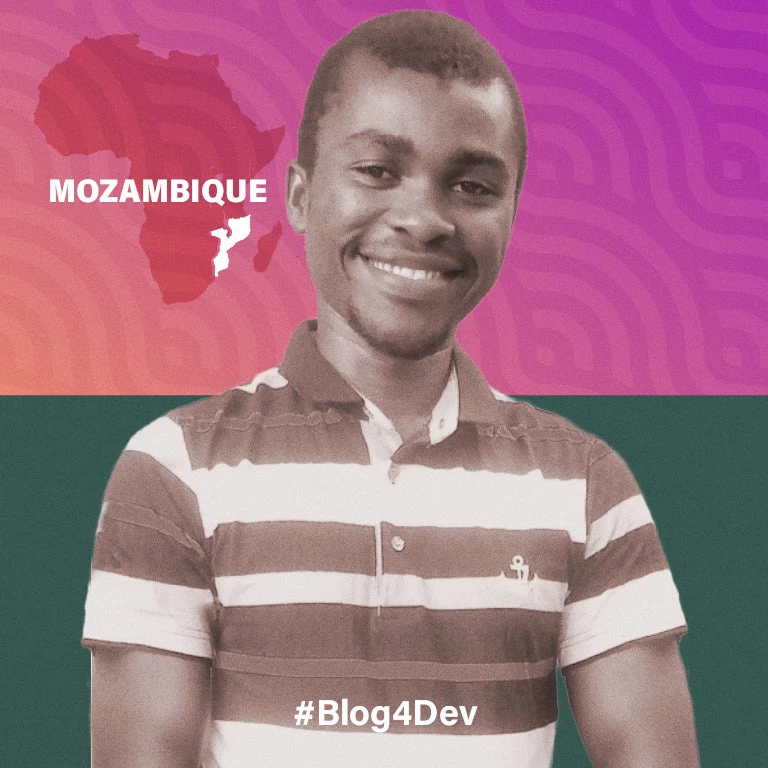 Edmundo Simão, Blog4Dev Mozambique winner
Edmundo Simão, Blog4Dev Mozambique winner
Child marriage is defined as a marital union involving at least one individual under 18 years of age. Although Mozambican law prohibits this practice, the country is far from achieving the goal of eradicating it.
Despite the efforts that the government and its partners have been making to combat the problem, Mozambique is still at the top of the list of countries with the highest rates of child marriage, ranking 2nd in Sub-Saharan Africa after Malawi and 10th worldwide. https://www.girlsnotbrides.org/wp-content/uploads/2015/02/Child-marriage-in-Africa-A-brief-by-Girls-Not-Brides.pdf
Among the various laws, another new law to prevent and combat child marriage was passed and published in 2019, while United Nations Decree 66/170 in 2011 proclaimed the International Day of the Girl Child. Although the targets are far from being achieved, it is important to highlight the work done by the network of the National Strategy for Preventing and Combating Child Marriage with partners such as the United Nations Children’s Fund (UNICEF) and the United Nations Population Fund (UNFPA), which promote the welfare of children around the world, and in particular that of girl children, aimed at eradicating child marriage.
FACTORS THAT FOSTER CHILD MARRIAGE
-Poverty
-Total lack of information
-Sociocultural factors
-Orphanhood
CONSEQUENCES
-School dropout
-Compromised future
-Social exclusion
-Risk of infections such as HIV/AIDS, unwanted pregnancy, obstetric fistula, or anemia, thus contributing to higher mother-child mortality rates
MEASURES TO PUT AN END TO CHILD MARRIAGE
Education is the fundamental key to human development in any nation. It is therefore necessary to expand the education and training network to teach children about their rights, fostering greater coverage and inclusion in conjunction with the basic health services, including;
-Regular training for community mechanisms on basic health care, legislation, and above all to identify children’s rights and the duties of civil society;
-Enabling justice institutions to work more closely with the office providing care for women and children who are victims of violence;
-Rigorous operation of the Anti-Corruption Office;
-Large-scale training and motivation of activists to provide quality coverage;
-Activation and motivation of the school board in carrying out its activities, paying special attention to the most disadvantaged and vulnerable girls;
-Provision of scholarships for adolescents, and especially for girls;
-Fund raising and training for young people in entrepreneurship and the creation of sustainable family incomes and jobs;
-Expansion of radio services and more frequent official visits (Chief of post or locality, district administrator, among others).
OPERATIONAL MECHANISM
Among school board and activist activities, it is important to have individuals with high levels of moral integrity, motivation, and readiness to identify and pursue the goal. In particular, activists should also be encouraged to identify local young people who can be brought into activism, to provide sentinel services in identifying and reporting on the main goal in the villages to be targeted.
CONCLUSION
The violation of children’s rights in a number of African countries, including Mozambique, is a problem that is far from being eradicated. However, this is not the responsibility of the government and cooperation partners alone; there is an urgent need for civil society participation in promoting healthy attitudes, aimed at protecting our girl children, irrespective of ethnicity, religion, or social position. In addition to decreeing laws, the government must also make them enforceable by publicizing the consequences of noncompliance.


Join the Conversation